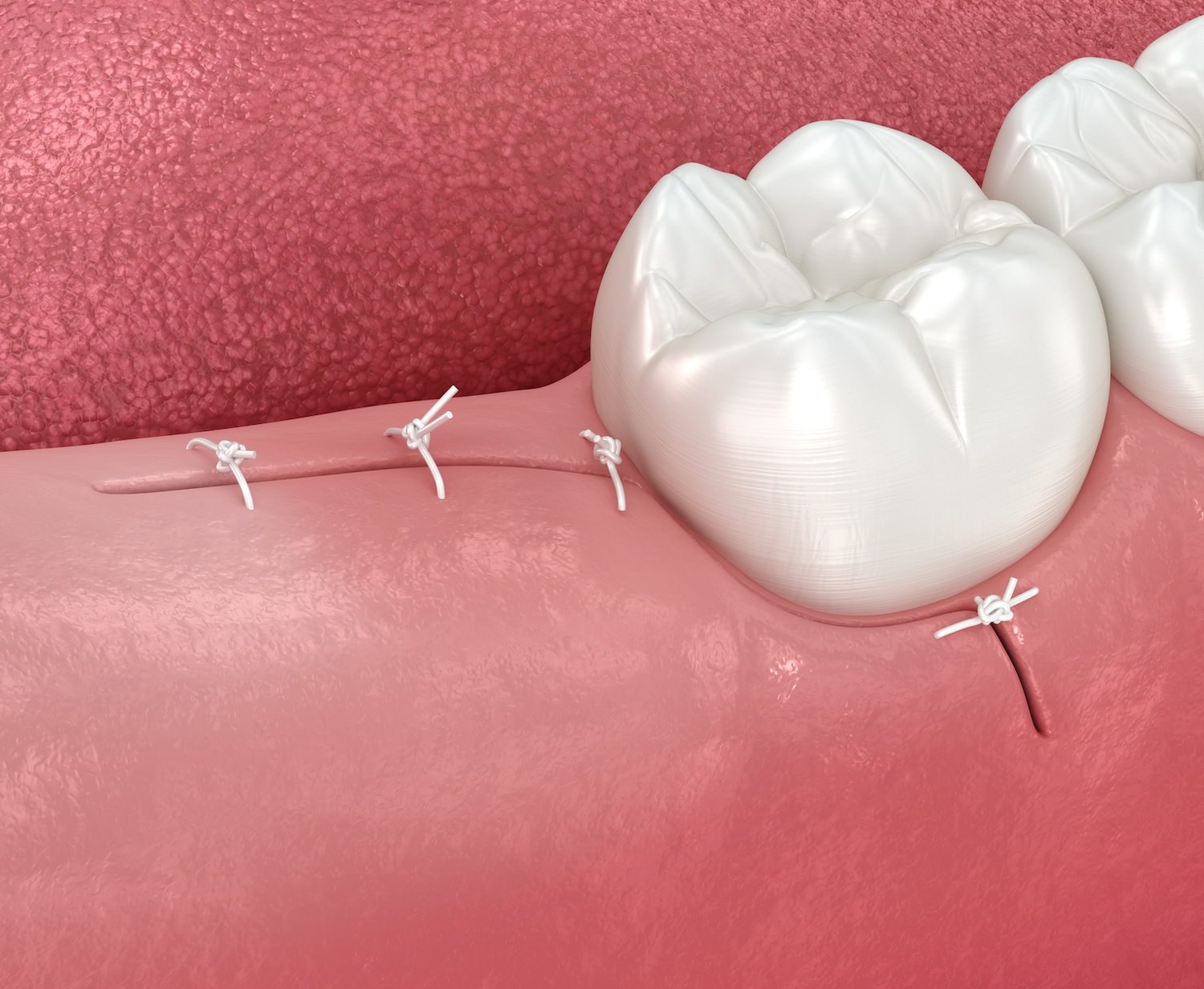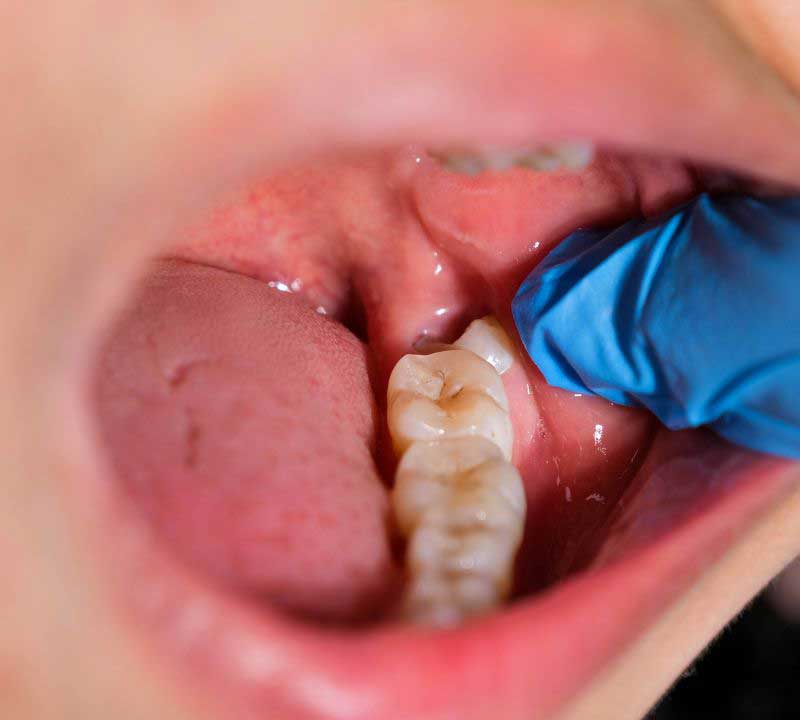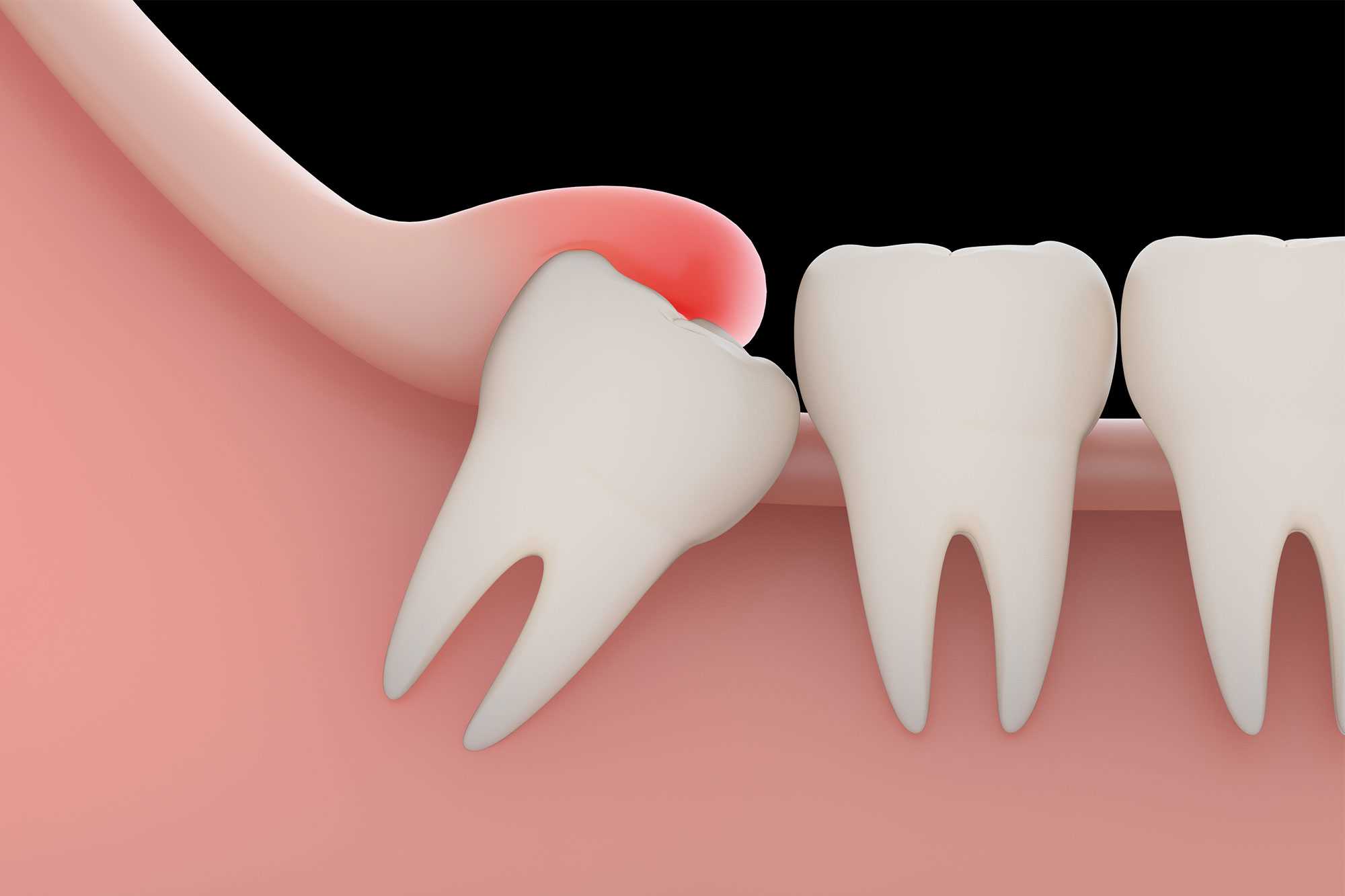Exploring Various Sedation Options for a Comfortable Knowledge Teeth Removal Experience
The use of sedation during such procedures has come to be increasingly usual to reduce stress and anxiety and pain. With a variety of sedation choices offered, from neighborhood anesthesia to basic anesthesia, each approach supplies differing degrees of relaxation and pain control.
Local Anesthesia
Local anesthesia is a generally used method for numbing specific areas of the mouth throughout knowledge teeth extraction procedures. By carrying out a regional anesthetic, such as lidocaine, a dental professional can ensure that the client continues to be pain-free and comfortable throughout the removal procedure.
One of the main advantages of local anesthesia is its targeted numbing impact, which implies that just the certain location being treated is influenced. This local technique minimizes the risk of systemic negative effects and enables for a quicker recovery post-procedure. Additionally, neighborhood anesthesia is taken into consideration to be a routine and risk-free technique in dental care, with very little threats involved when provided by an experienced expert.
Nitrous Oxide
Nitrous oxide, generally understood as giggling gas, is a type of sedation often utilized in dentistry to aid individuals unwind throughout dental treatments. This sedation alternative permits the individual to remain aware and receptive throughout the procedure while really feeling at simplicity and comfortable.
Once the mask is eliminated, the effects of the gas put on off swiftly, allowing individuals to resume their regular tasks without lingering sedative effects. Nitrous oxide is appropriate for clients of all ages, making it a flexible sedation option for knowledge teeth extractions and other dental treatments.
Oral Sedation
Dental sedation, a medicinal method used in dentistry, entails the management of sedative medications by mouth to induce an unwinded state during oral treatments. This form of sedation is frequently utilized for people undergoing knowledge teeth removal to reduce anxiousness and discomfort. The drugs suggested for dental sedation belong to a course of medications called benzodiazepines, which have sedative, anxiolytic, and amnesic residential properties. Typically, the person takes the recommended medicine before the procedure, permitting adequate time for the sedative impacts to take hold.
One of the main benefits of oral sedation is its ease of management. Unlike intravenous sedation, oral sedation does not require needles or shots, making it a much more comfortable alternative for individuals with a worry of needles. Furthermore, dental sedation is considered efficient and secure when administered by experienced oral specialists. Nonetheless, it is essential for patients to adhere to pre-operative guidelines provided by their dental professional, such as avoiding consuming alcohol or eating before the procedure to ensure the sedative medication functions as intended.
IV Sedation
Provided intravenously by skilled physician, IV sedation is a powerful technique made use of to generate a controlled state of deep relaxation and unfamiliarity throughout dental procedures. Unlike oral sedation, which can be unpredictable in its impacts, IV sedation enables accurate control over the degree of sedation, making it a suitable choice for complicated treatments like knowledge teeth extractions.
During IV sedation, a sedative medicine is provided directly into the bloodstream through a blood vessel, permitting it to work swiftly and effectively. This technique guarantees that the person continues to be comfy and uninformed of the treatment while still keeping essential features such as breathing and heart rate.
One of the main advantages of IV sedation is see here its capacity to supply a deeper level of sedation compared to other methods, making it especially appropriate for clients with high levels of anxiousness or those undergoing extensive oral job (wisdom teeth removal aspendale). Furthermore, the results of IV sedation generally diminish progressively after the treatment, minimizing the probability of grogginess or lingering side results. On the whole, IV sedation provides a reliable and secure choice for ensuring a comfy and worry-free experience throughout knowledge teeth extraction

General Anesthetic
Having discussed the benefits of IV sedation for wisdom teeth removal, the use of basic anesthesia supplies an alternative choice for people needing a much deeper level of unfamiliarity throughout dental treatments. General anesthesia induces a controlled state of unconsciousness, making sure the person feels no discomfort or pain throughout the removal procedure. This method is especially useful for people with extreme dental anxiousness, complicated medical needs, or those going through several extractions simultaneously.
General anesthesia is carried out by a trained anesthesiologist that carefully keeps track of the individual's important indications throughout the treatment. It involves the use of intravenous medicines or inhaled gases to generate a state of unfamiliarity. While under general anesthesia, the person will certainly not see this recognize the surgery, experience any kind of discomfort, or have any kind of recollection of the procedure later.
Although general anesthesia is risk-free when provided by certified professionals, it carries a somewhat higher threat contrasted to various other sedation choices - wisdom teeth removal aspendale. Clients thinking about basic anesthesia for wisdom teeth extraction must go over the prospective risks and advantages with their dental professional or dental doctor to make an educated decision based upon their individual needs and medical history

Verdict
In final thought, various sedation alternatives are available to ensure a comfy wisdom teeth removal experience. Oral sedation and IV sedation deal deeper levels of relaxation, depending on the client's demands.
Nitrous oxide from this source is suitable for clients of all ages, making it a functional sedation alternative for wisdom teeth removals and various other oral treatments.
